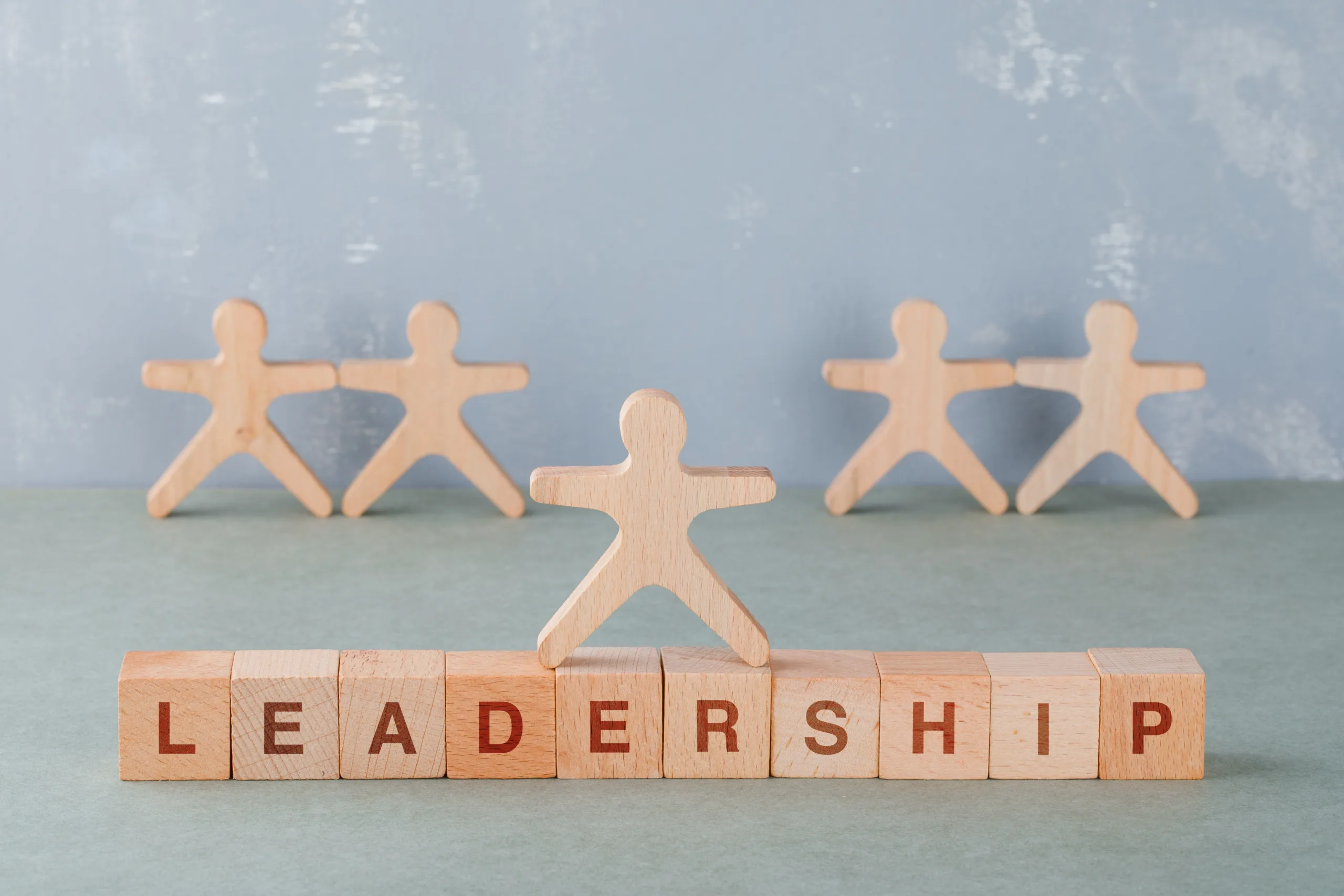Transforming Organizations for Success
Introduction
In today’s fast-paced and ever-changing business landscape, effective leadership is crucial for driving organizational success. One approach that has gained significant attention is mindful leadership. In this article, we will explore the concept of mindfulness in leadership, its benefits, and how individuals can develop and embody mindful leadership qualities. By the end, you will understand why the Mindfulness Leadership Summit is a must-attend event for aspiring and seasoned leaders alike.
Understanding Mindfulness in Leadership
Defining Mindfulness in Leadership
Mindfulness in leadership refers to the practice of cultivating self-awareness, emotional intelligence, and present-moment awareness in order to lead with authenticity, empathy, and resilience. It involves being fully present, attentive, and non-judgmental in every interaction, decision, and action. Mindful leaders focus on creating a positive work environment, fostering collaboration, and nurturing the well-being of their team members.
The Benefits of Mindful Leadership
Mindful leadership offers a wide range of benefits for individuals and organizations:
- Enhanced Decision-Making: Mindful leaders are better equipped to make informed and thoughtful decisions by being fully present and considering various perspectives and potential outcomes.
- Improved Emotional Intelligence: Mindfulness cultivates self-awareness and empathy, enabling leaders to understand and manage their own emotions while empathetically connecting with their team members.
- Increased Resilience: Mindful leaders are better equipped to handle stress and navigate challenges, allowing them to bounce back quickly and lead with composure and adaptability.
- Positive Work Environment: Mindful leaders create a culture of psychological safety and trust, fostering employee engagement, creativity, and overall well-being.
- Enhanced Collaboration: Mindful leaders encourage open communication, active listening, and inclusive decision-making, promoting collaboration and cooperation among team members.
Becoming a Mindfulness Leader
Cultivating Self-Awareness
Becoming a mindfulness leader starts with cultivating self-awareness. Take time to reflect on your values, strengths, and areas for growth. Regular self-reflection, journaling, or meditation can help you develop a deeper understanding of yourself and your leadership style.
Practicing Mindfulness Techniques
Incorporate mindfulness techniques into your daily routine. Engage in formal mindfulness practices such as meditation or mindful breathing exercises to develop your ability to stay present and focused. Additionally, apply mindfulness to everyday activities, such as active listening and fully immersing yourself in tasks.
Building Empathy and Emotional Intelligence
Developing empathy and emotional intelligence is crucial for mindful leadership. Practice active listening, seek to understand the perspectives and emotions of others, and respond with empathy and compassion. Regularly engage in self-reflection to identify and manage your own emotions effectively.
Continuous Learning and Growth
Mindful leaders are lifelong learners. Seek out opportunities for personal and professional development, attend workshops, conferences, and seminars focused on mindful leadership. Engage in coaching or mentoring relationships to support your growth and cultivate a network of like-minded leaders.
Mindful Leaders Training: What to Expect
Mindful leaders training programs provide comprehensive guidance and practical tools for developing and embodying mindful leadership skills. These programs typically include:
- Mindfulness Practices: Participants learn various mindfulness techniques and strategies to enhance self-awareness, focus, and emotional intelligence.
- Self-Reflection and Assessment: Participants engage in reflective exercises and assessments to gain insight into their leadership style, strengths, and areas for improvement.
- Communication and Relationship Building: Training programs emphasize effective communication, active listening, and building authentic and trusting relationships with team members.
- Emotional Intelligence Development: Participants learn techniques for managing emotions, fostering empathy, and developing emotional intelligence as a leader.
- Mindful Decision-Making: Training programs focus on enhancing decision-making skills by incorporating mindfulness principles and considering the broader impact of decisions.
- Resilience and Stress Management: Mindful leaders training includes strategies for building resilience, managing stress, and fostering well-being for themselves and their teams.
Elements of Mindful Leadership
Mindful leadership comprises several key elements that form the foundation for effective leadership:
- Presence: Mindful leaders are fully present in every interaction, focusing their attention on the current moment without distractions.
- Self-Awareness: Mindful leaders possess a deep understanding of their values, emotions, strengths, and limitations.
- Authenticity: Mindful leaders lead with integrity and authenticity, staying true to their values and fostering an environment of trust.
- Empathy and Compassion: Mindful leaders demonstrate empathy and compassion towards their team members, fostering a sense of belonging and psychological safety.
- Resilience: Mindful leaders exhibit resilience, effectively managing stress, and navigating challenges with composure and adaptability.
- Mindful Communication: Mindful leaders communicate with intention, actively listening to others and responding in a thoughtful and considerate manner.
- Collaboration and Inclusivity: Mindful leaders foster a collaborative and inclusive environment, valuing diverse perspectives and empowering their team members.
Conclusion
Mindful leadership is a transformative approach that enables leaders to create thriving and successful organizations. By cultivating self-awareness, practicing mindfulness, and developing emotional intelligence, leaders can embody the qualities of mindful leadership. The Mindfulness Leadership Summit provides a unique platform for leaders to deepen their understanding, learn practical strategies, and connect with like-minded individuals on the journey to mindful leadership.
